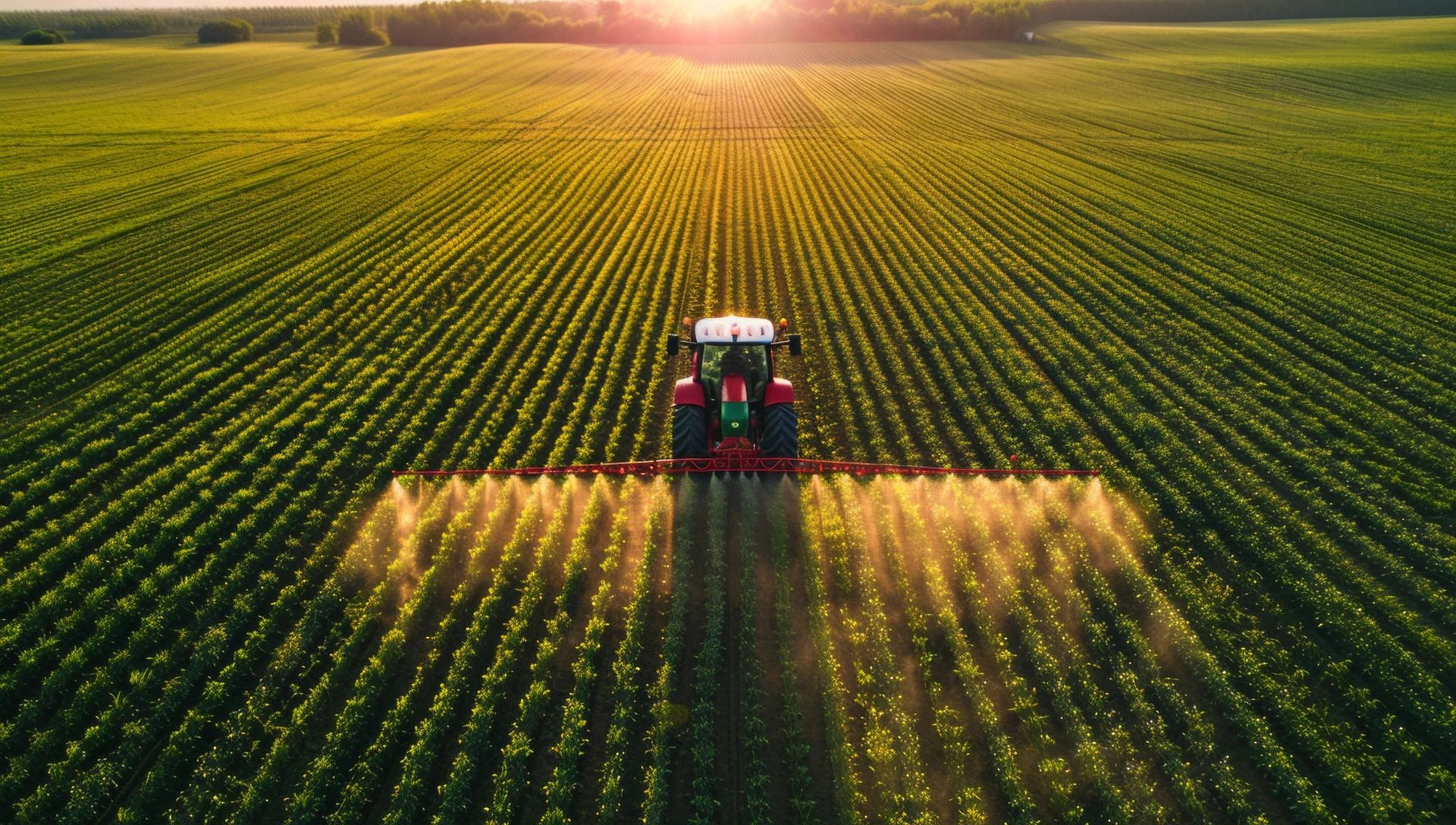The article “The nexus of geopolitics, decarbonization, and food security gives rise to distinct challenges across fertilizer supply chains”, published in One Earth, investigates the interactions of geopolitics, decarbonisation, and food security in the global fertiliser supply chains. Fertilisers are critical to agricultural production and global food security, but they also have a considerable impact on greenhouse gas emissions and environmental degradation. Geopolitical tensions, the conflict in Ukraine, and reliance on important producers such as China, Russia, and Morocco have disrupted supply chains, worsening food insecurity, particularly in low-income areas.
The authors advocate for a "nexus thinking" approach, which sees fertilisers as critical to the intersection of energy, environment, and food systems. They emphasise the importance of decarbonising fertiliser production by using renewable energy-based methods such as green ammonia, which could reduce dependency on fossil fuels but have greater short-term costs. Strategies like as nutrient recycling and efficiency methods are critical for lowering environmental effect and reliance on finite resources such as phosphorous and potassium.
The paper also emphasises the geopolitical ramifications of fertiliser supply chains, as countries use them for economic statecraft. Rising government action in guaranteeing fertiliser supplies indicates a shift in global trade dynamics, emphasising the importance of sustainable, localised production systems. The authors propose a research program that will investigate these interdependencies and provide solutions for developing resilient, sustainable, and equitable fertiliser supply chains in the context of decarbonisation.
The full article can be found here.




